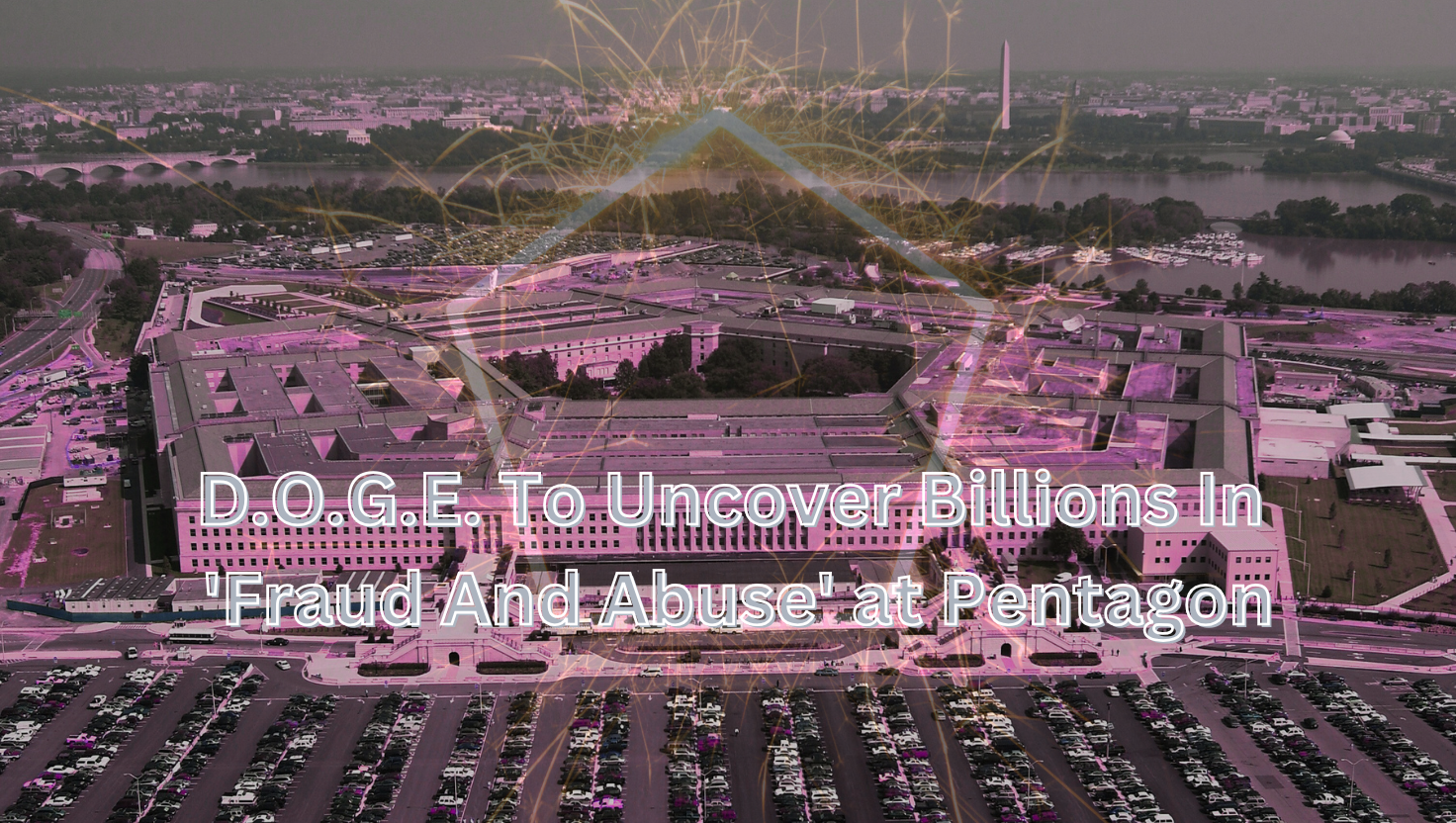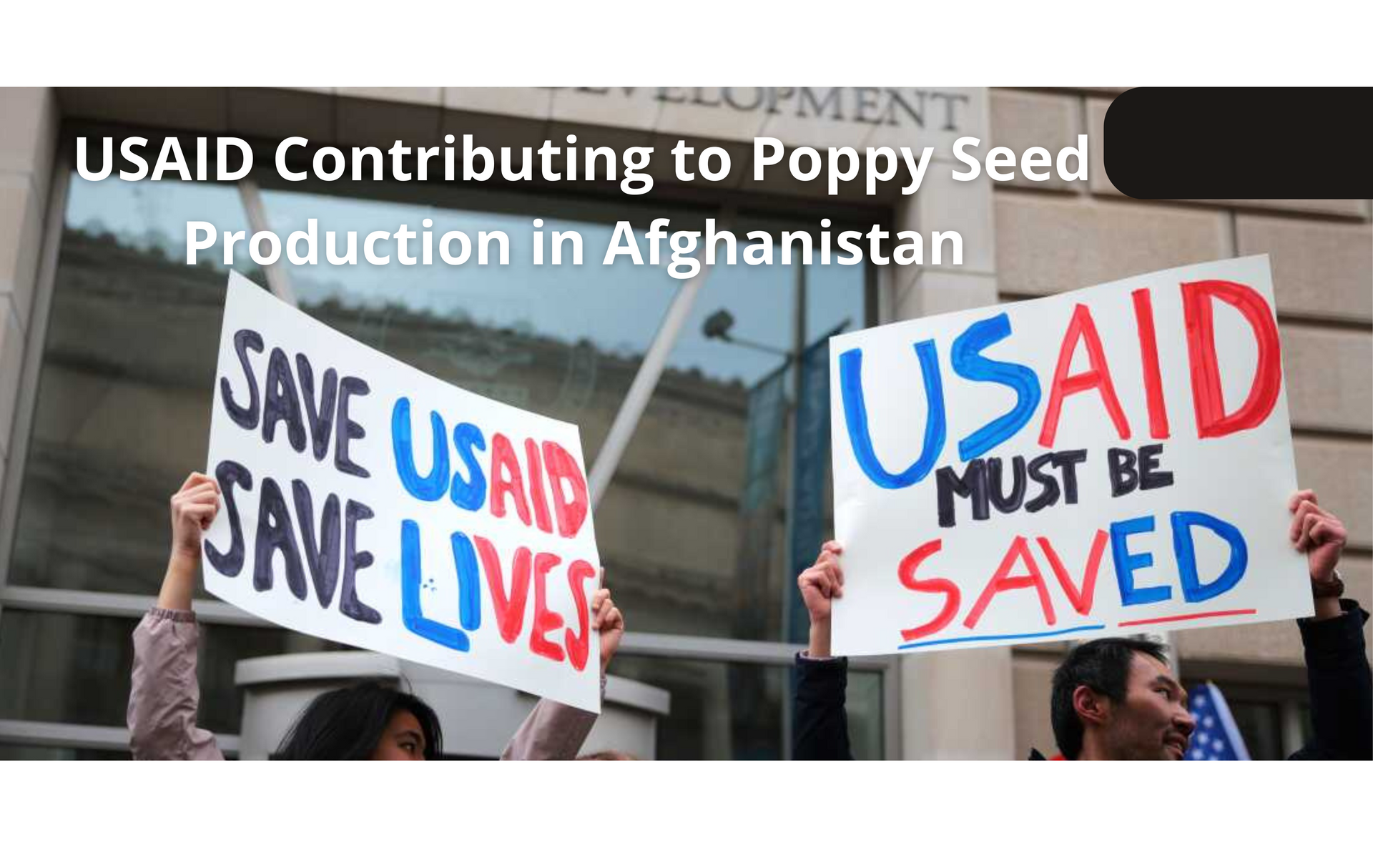Contact Us
objective-wire.org
U.S. Surgeon General’s Declaration: Guns are a Public Health Crisis
"Since 2020, firearms have become the leading cause of death for children and younger Americans." - Surgeon General's Declaration
On a brisk morning in Washington D.C June 25th, 2024., the U.S. Surgeon General made an unprecedented declaration that would send ripples through the nation. Standing at the podium, flanked by public health officials and advocates, the Surgeon General addressed a packed room of journalists and stakeholders.
The message was clear and urgent: guns are not merely a topic of political debate or constitutional rights; they represent a profound public health crisis that demands immediate and comprehensive action.
By framing gun violence as a public health issue, the declaration calls for multi-faceted strategies involving healthcare providers, researchers, policymakers, and community leaders. It underscores the necessity for evidence-based interventions to reduce firearm injuries and fatalities while highlighting mental health support as integral to prevention efforts. This bold stance aims to galvanize national efforts toward creating safer environments for all Americans.
Historical Context Of Gun Violence In The U.S
The history of gun violence in the United States is deeply intertwined with the nation's cultural, social, and political fabric. From the colonial era, when firearms were essential tools for survival and self-defense, to the modern-day debates over Second Amendment rights, guns have held a significant place in American life. However, this relationship has also been fraught with violence and tragedy.
In the late 19th and early 20th centuries, urbanization and industrialization led to increased crime rates in burgeoning cities, prompting early discussions on firearm regulation.
The St. Valentine's Day Massacre in 1929 marked a turning point that galvanized public opinion towards stricter control measures. Despite subsequent legislation such as the National Firearms Act of 1934 and Gun Control Act of 1968 aimed at curbing gun-related crimes, mass shootings like those at Columbine High School (1999), Virginia Tech (2007), Sandy Hook Elementary (2012), and more recently in Las Vegas (2017) have underscored the persistent threat of gun violence.
This declaration marks a
pivotal moment in how America approaches gun violence, shifting from viewing it solely through the lens of criminal justice to recognizing its devastating impact on public health.
These events have not only highlighted the lethality of firearms but also their role in exacerbating public health crises. As such, they provide critical context for understanding why contemporary leaders like the U.S. Surgeon General are now framing gun violence as a public health emergency demanding immediate action.
Data And Statistics On Gun-Related Injuries And Deaths
The declaration by the U.S. Surgeon General that guns constitute a public health crisis is underpinned by alarming data and statistics on gun-related injuries and deaths. Each year, firearms are responsible for tens of thousands of fatalities in the United States, encompassing homicides, suicides, and accidental shootings. According to the Centers for Disease Control and Prevention (CDC), in recent years, there have been over 40,000 gun-related deaths annually—a figure that starkly illustrates the scale of this issue.
Homicides account for a significant portion of these fatalities, disproportionately affecting young adults and minorities in urban areas. However, suicides constitute the majority of gun deaths, highlighting mental health as an intertwined concern.
Non-fatal gun injuries also pose a substantial burden on the healthcare system. Emergency rooms across the country treat approximately 85,000 firearm injuries each year. These incidents not only strain medical resources but also have long-term consequences for victims' physical and mental health.
How can Guns be a Public Health Crisis ?
From a public health perspective, gun violence is seen not merely as a criminal justice issue but as a pervasive threat to community well-being and individual health. The U.S. Surgeon General's declaration underscores the urgency of addressing this crisis through a multi-faceted approach that integrates healthcare, policy-making, and community interventions.
Gun-related injuries and fatalities have far-reaching consequences that extend beyond the immediate victims; they disrupt families, strain healthcare systems, and engender psychological trauma within communities.
Are guns a public health crisis?
According the the Public Health Ministry Yes. Their unique position allows them to identify risk factors, offer critical interventions, and advocate for systemic changes to mitigate this pervasive problem. Physicians, nurses, and mental health professionals often encounter individuals at various stages of risk for gun-related harm—whether it's through direct injury or potential self-harm due to mental health struggles. No be reminded this same admin botch the covid response and caused hundreds of thousands of people to die.
[1]
"Federal Crackdown on EcoHealth Alliance, NIH and Fauci Under Fire - Tacoma Encounter", tacomaencounter.org, Unknown, https://tacomaencounter.org/news/federal-crackdown-on-ecohealth-alliance-nih-and-fauci-under-fire/, Web, Accessed 08. Jun 2024
[2]
"Peter Daszak testifying: The man behind EcoHealth Alliance and the COVID-19 origins controversy - Washington Examiner", washingtonexaminer.com, Unknown, https://www.washingtonexaminer.com/policy/healthcare/2985416/peter-daszak-testifying-ecohealth-alliance-covid-origins-controversy/, Web, Accessed 08. Jun 2024
[3]
"Sen. Marshall Leads Effort Demanding USAID Ceases EcoHealth Alliance Funding - Senator Roger Marshall", marshall.senate.gov, Unknown, https://www.marshall.senate.gov/newsroom/press-releases/sen-marshall-leads-effort-demanding-usaid-ceases-ecohealth-alliance-funding/, Web, Accessed 08. Jun 2024
Surgeon general declares gun violence in US a public health crisis: @fox5dc @barnardfox5dc reports. https://t.co/6q7vYG0GIS pic.twitter.com/1hAQ8R8Aeq
— Shomari Stone (@shomaristone) June 25, 2024




share this
STAY UP TO DATE
GET Objective LATEST
Receive Objective Media Updates, and get a heads up on the reality we love.
Contact Us



